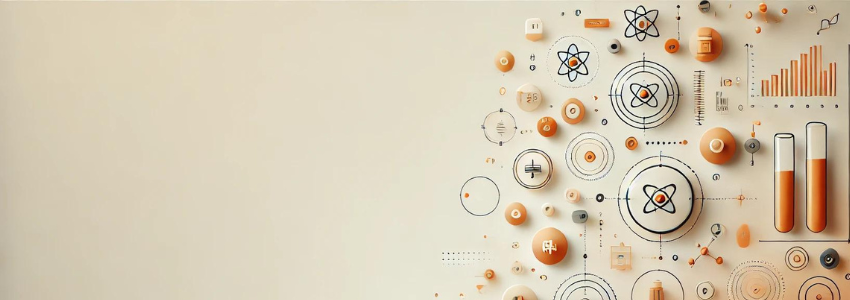Course Overview:
A 3-year program focused on cardiac health and diagnostics. It covers cardiac anatomy, ECG, echocardiography, and patient care. Students gain practical skills in monitoring and treating heart conditions, preparing for careers in cardiology and healthcare.
Duration: 3 years (6 semesters) + 6 months mandatory internship
Average Fees: ₹40,000 to ₹2,00,000 per year (varies depending on the institution, with government colleges being more affordable compared to private institutions)
Exams to Attend:
NEET-UG (National Eligibility cum Entrance Test for Undergraduate) (in some states/institutions)
State-level entrance exams like CET, WBJEE, and MHT CET
Institution-specific entrance exams such as MET (Manipal Entrance Test)
Syllabus (Semester-wise Breakdown)
1st Year:
Human Anatomy and Physiology: Detailed study of the human body with emphasis on the cardiovascular system
Biochemistry: Understanding biochemical processes relevant to cardiac function
Basic Cardiac Care Technology I: Introduction to the principles of cardiac care, focusing on patient monitoring and basic diagnostics
Medical Microbiology: Study of microorganisms and infections related to cardiac conditions
Pharmacology I: Overview of drugs commonly used in treating heart conditions
2nd Year:
Cardiac Care Technology II: Study of advanced monitoring techniques, including electrocardiograms (ECGs), echocardiograms, and cardiac catheterization
Clinical Cardiology: Understanding of heart diseases, their symptoms, diagnosis, and treatment
Cardiac Pharmacology: Study of medications used in the treatment of cardiovascular diseases
Cardiac Surgical Procedures: Introduction to common cardiac surgeries and the role of the cardiac technologist during these procedures
Infection Control in Cardiac Care: Methods and best practices for preventing infections in a cardiac care environment
3rd Year:
Advanced Cardiac Diagnostics: In-depth study of diagnostic techniques such as Holter monitoring, stress testing, and pacemaker implantation
Critical Care and Emergency Cardiac Procedures: Management of critical cardiac cases, including handling of emergencies like heart attacks and arrhythmias
Cardiac Rehabilitation: Techniques for assisting patients with rehabilitation after cardiac surgery or interventions
Clinical Practice in Cardiac Care: Practical exposure in a hospital setting, assisting with cardiac diagnostics and procedures
Research Methodology in Cardiology: Introduction to research techniques, clinical trials, and recent advancements in cardiac care
Internship (6 Months): During the internship, students gain hands-on experience in hospital cardiac care units, working under the supervision of cardiologists and other healthcare professionals. They assist in diagnostic procedures, patient monitoring, and post-surgical care, applying their theoretical knowledge in real clinical settings.
Top Ten Ranking Institutions for B.Sc in Cardiac Care Technology in India (Combined Ranking)
Christian Medical College (CMC), Vellore
Manipal College of Health Professions, Manipal
Amrita Institute of Medical Sciences, Kochi
SRM Institute of Science and Technology, Chennai
JSS Medical College, Mysore
Kasturba Medical College (KMC), Mangalore
Apollo Institute of Medical Sciences and Research, Hyderabad
St. John’s Medical College, Bangalore
Sri Ramachandra Institute of Higher Education and Research, Chennai
Jamia Hamdard University, New Delhi
Top Ten Cardiac Care Technology Colleges in Kerala for B.Sc
Amrita Institute of Medical Sciences, Kochi
Government Medical College, Thiruvananthapuram
Sree Gokulam Medical College and Research Foundation, Thiruvananthapuram
Jubilee Mission Medical College and Research Institute, Thrissur
Pushpagiri College of Allied Health Sciences, Thiruvalla
Little Flower Hospital and Research Centre, Angamaly
KIMS College of Health Sciences, Thiruvananthapuram
Malabar Medical College, Kozhikode
Baby Memorial College of Allied Health Sciences, Kozhikode
MES Academy of Medical Sciences, Malappuram
